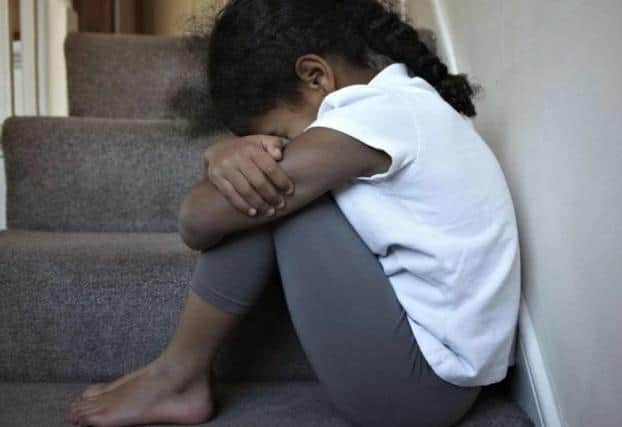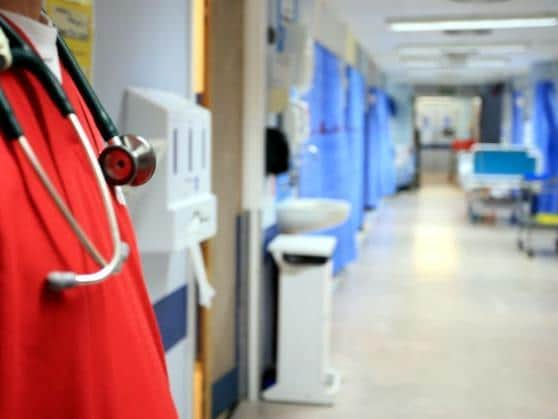Hundreds of survivors of female genital mutilation seen by doctors in Yorkshire last year, NHS data reveals
The practice of cutting girls' genitals when they are young, which is traditional in some cultures, is outlawed in the UK and has been described as “extremely hidden” form of child abuse.
Since recording began in 2015, health services have identified around 2,895 people who have injuries from FGM in Yorkshire and the Humber.
Advertisement
Hide AdAdvertisement
Hide AdHowever, the real figure is likely to be much higher as many victims do not come forward due to cultural taboos surrounding the practice.


NHS Digital data shows in the year to March 2021, around 565 victims attended appointments with health professionals in the region, which includes North and North East Lincolnshire.
Of these, around 540 had their injuries recorded for the first time.
All figures are approximate to prevent possible identification of individual women in smaller areas.
Advertisement
Hide AdAdvertisement
Hide AdSince recording began, NHS trusts and GP practices across England have identified more than 27,000 individual women and girls who have undergone FGM.


But in the year to March, FGM-related attendances at NHS appointments nationally dropped to around 10,600 from more than 12,000 the year before.
NHS Digital statisticians said it was not clear whether the change was due to a reduction in the number of women and girls seen during the pandemic or a reduction in the capacity of NHS services to report all FGM-related attendances in that time.
However, Leethen Bartholomew of the National FGM Centre – a partnership between Barnardo’s and the Local Government Association – said it was unsurprising to see a decrease in the number of cases reported since coronavirus measures took hold across the country.
Advertisement
Hide AdAdvertisement
Hide AdHe said: “This does not mean that there are fewer survivors needing this support.
“Lockdowns, school closures and fewer interactions with health, social care and other professionals, have meant many survivors are going unnoticed and are not receiving the support we know they need.
“FGM is an extremely hidden form of child abuse and there are undoubtedly women and girls who are suffering in silence.”
Mr Bartholomew added: “As society goes back to normal following a successful national vaccination campaign and the easing of restrictions, I am certain we will see those numbers rising again.
Advertisement
Hide AdAdvertisement
Hide Ad“When they do, health, social and educational professionals need to have access to the time and resources they need to ensure survivors receive the right help to overcome their physical and mental trauma.”
Support The Yorkshire Post and become a subscriber today. Your subscription will help us to continue to bring quality news to the people of Yorkshire. In return, you'll see fewer ads on site, get free access to our app and receive exclusive members-only offers. Click here to subscribe.